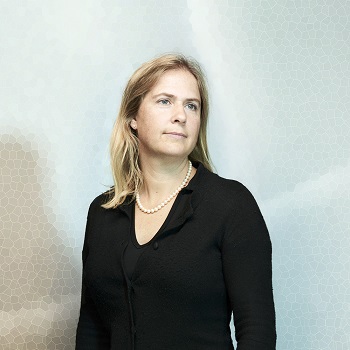Sarah develops computational methods, to explore structural biology, genomics and single cell biology data. She showed that protein complexes assemble via stereotypical pathways, helping us understand mechanisms of genetic diseases including cancer. These insights aid design in protein engineering, and in deciphering protein interaction and cell communication networks. Applying analogous ideas, she uncovered principles of transcriptional network evolution in prokaryotes and eukaryotes. She pioneered application of single cell technologies, coupled with innovative computational methods, to study human tissues, discovering novel immune, epithelial, and stromal cell states across development, adult and disease tissue. Human studies include exploration of the maternal-fetal interface, complex lymphoid organs such as the thymus, and systems such as the airways. These approaches have delivered insights into human disease including cancer, respiratory, and auto-immune disease and have profound implications for therapeutic development including target discovery, tissue engineering and cell therapies.
Sarah is co-founder and co-leader of the international Human Cell Atlas consortium, which uses single cell genomics and spatial methodologies to create a comprehensive high resolution map of the human body.
Professional position
- Senior Research Fellow, Churchill College, University of Cambridge
- Professor of Stem Cell Medicine, Department of Medicine, University of Cambridge
Subject groups
-
Other
Science policy, Other interests, Public engagement
-
Astronomy and Physics
Biophysics
-
Molecules of Life
Biochemistry and molecular biology, Biophysics and structural biology, Cell biology (incl molecular cell biology), Molecular immunology
-
Cell Biology
Cellular and humoral immunology, Genetics (excluding population genetics)
-
Multicellular Organisms
Physiology and medicine (non-clinical)
-
Patterns in Populations
Evolution
Awards
-
Francis Crick Medal and Lecture
On 'Finding patterns in genes and proteins: decoding the logic of molecular interactions'.

